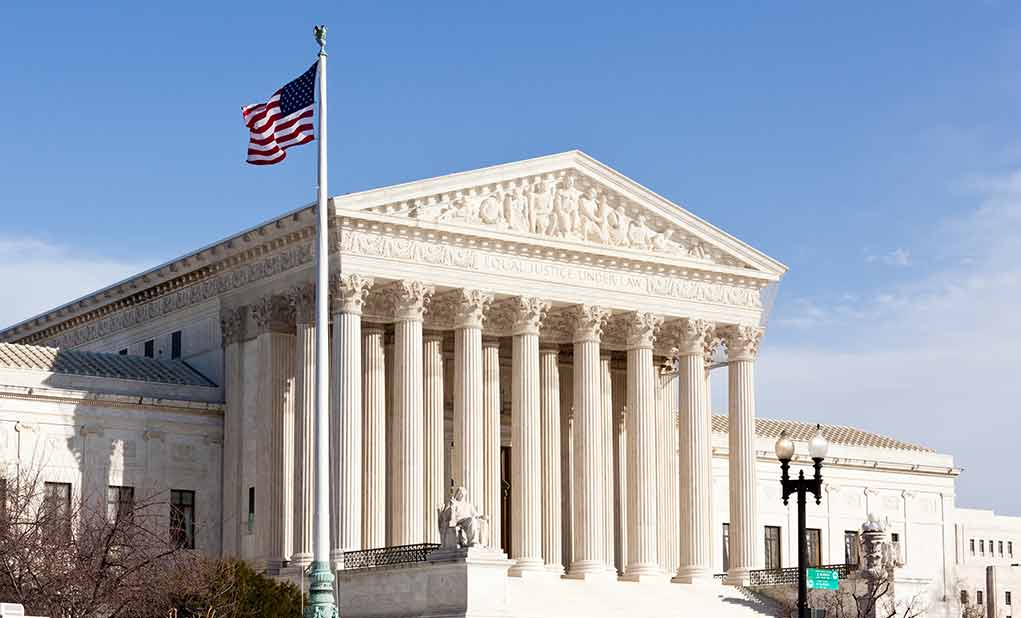The Supreme Court is on the brink of a decision that could upend the landscape of American politics. In a high-stakes challenge to Democrat-backed campaign finance laws, the justices may deliver a sweeping win for free speech and political parties—potentially restoring First Amendment freedoms that critics say have been chipped away for years.
Republicans Lead Fight for Free Speech
The Supreme Court has agreed to hear a significant challenge to campaign finance restrictions brought by Republicans. The case, titled National Republican Senatorial Committee v. Federal Election Commission, seeks to overturn limits on party committees coordinating spending with their own candidates – a restriction conservatives have long viewed as an unconstitutional infringement on political speech.
With a solid 6-3 conservative majority, the Court appears ready to further dismantle the web of campaign finance regulations that have hampered political parties since the 1970s. The case is supported by major Republican organizations including the National Republican Senatorial Committee (NRSC), the National Republican Congressional Committee (NRCC), and the campaigns of two 2022 candidates, including now-Vice President JD Vance.
Trump Administration Backs First Amendment Rights
The Federal Election Commission under the Trump administration has taken the principled stance that these restrictions violate the First Amendment. This position aligns with the consistent conservative view that political speech deserves the highest constitutional protection, while Democrats predictably oppose these freedoms through the Democratic National Committee and its associated committees.
How on earth did these two complete idiots become Supreme Court justices? pic.twitter.com/bW565DXqXh
— Gain of Fauci (@DschlopesIsBack) June 29, 2025
The case specifically challenges regulations that allow unlimited independent expenditures by parties but severely restrict coordinated spending with candidates. Current spending limits vary by election, restricting parties to as little as $127,000 for House races and up to $4 million for Senate races – arbitrary caps that hinder parties from fully supporting their own candidates.
Potential Victory for Political Freedom
The petitioners argue these limits “severely restrict political party committees from doing what the First Amendment entitles them to do: fully associate with and advocate for their own candidates for federal office.” This case builds on the landmark 2010 Citizens United decision, which freed corporations and unions to make unlimited independent political expenditures, a ruling liberals continue to attack despite its defense of basic speech rights.
“The status quo — where outside groups like super PACs can raise unlimited sums but political parties face much more severe limitations — may create worse conditions in terms of empowering unaccountable groups and increasing negative ads,” noted election law expert Rick Hasen.
11 HUGE SUPREME COURT VICTORIES 🇺🇸 pic.twitter.com/jOcaXfdYOR
— The White House (@WhiteHouse) June 30, 2025
The Supreme Court would need to overturn its own 2001 ruling that upheld these restrictions, something the conservative majority appears increasingly willing to do. Oral arguments are scheduled for this fall, with a decision that could further restore constitutional freedoms and reduce government interference in political campaigns ahead of future elections.
Sources:
Supreme Court takes up major new challenge to campaign finance restrictions
Supreme Court to hear Republican challenge that could shake up US elections

